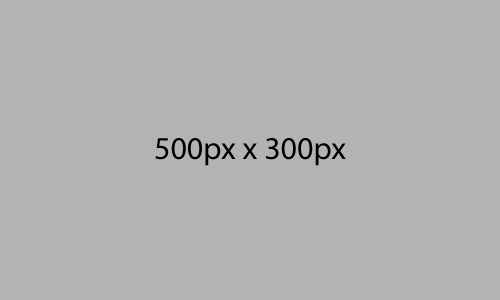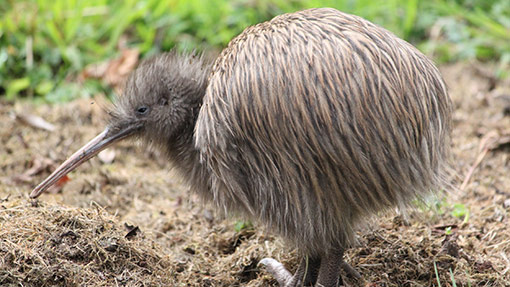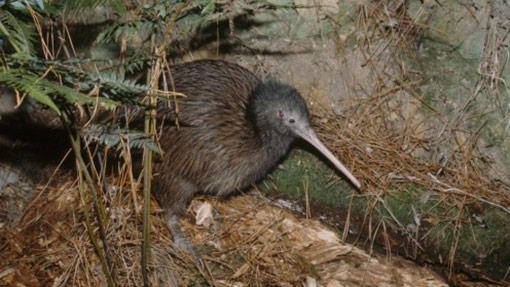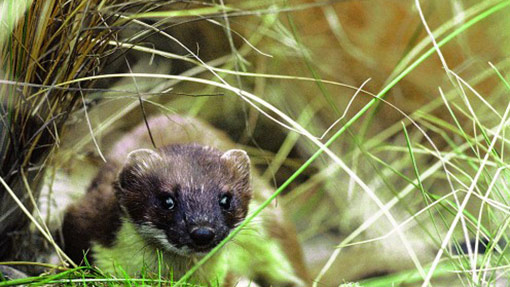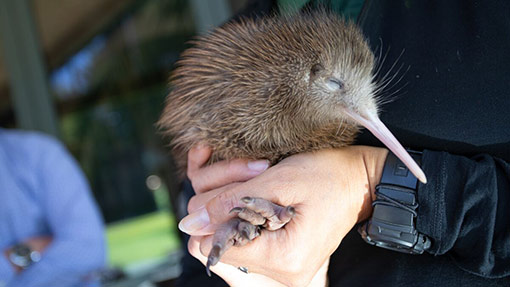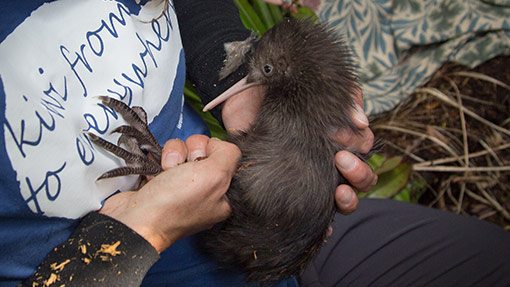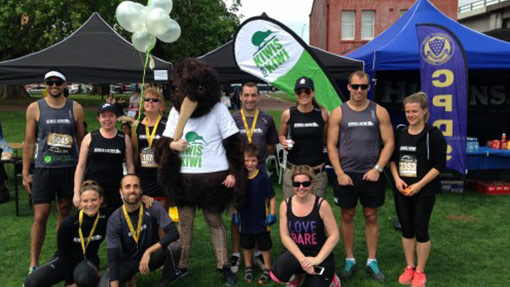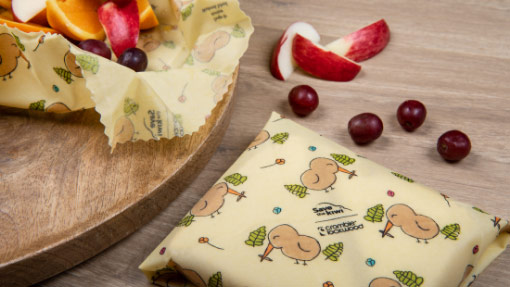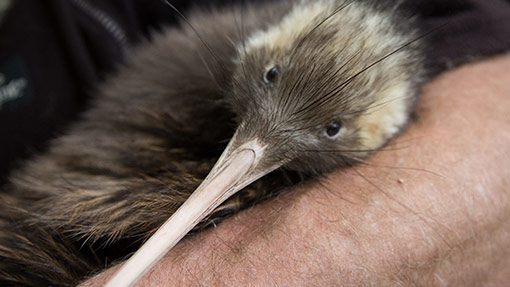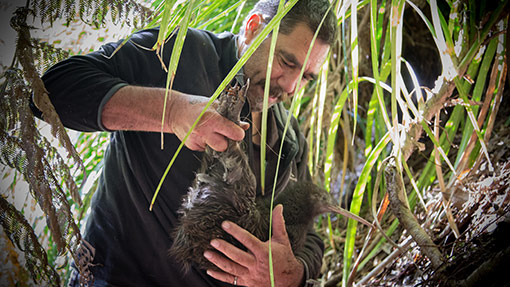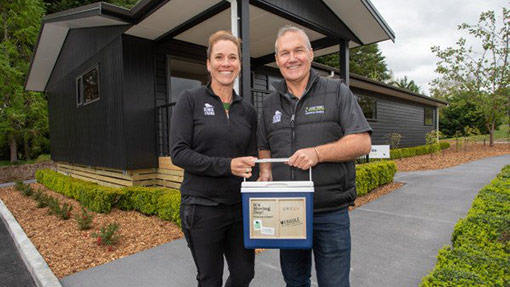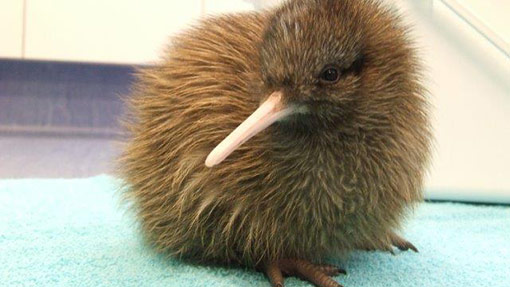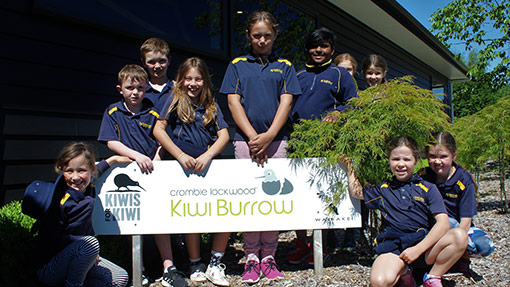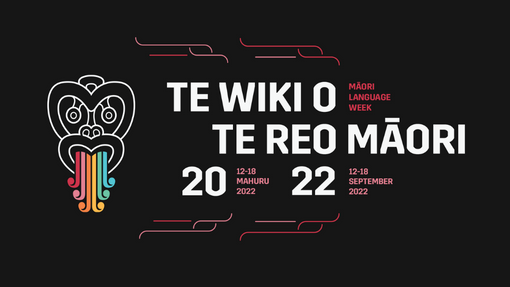Kā nui te mihi e maha katoa i pānui tāku kōrero.
Ko Paul O’Shea tōku ingoa.
My te reo Māori journey began on a pretty momentous occasion for Save the Kiwi: October 20th 2012. On this day, the first kiwi were released onto Te Motutapu a Taikehu in the Hauraki Gulf. Our chairman, the late Sir Rob Fenwick, stood to speak to begin our new journey as a trust. He opened with a mihi, and I still remember how it made me feel to this day.
A dual sense of awe and guilt washed over me: awe in seeing someone speak so eloquently in two languages, and guilt because I did not understand what he was saying.
That day, I made the decision to begin my own te reo Māori journey.
It’s at this moment that I need to acknowledge that I am Pākehā so I do not face the same mamae or whakamā that tangata whenua can feel and face when trying to reclaim a taonga that was forcibly removed from them.

My studies began at Unitec, doing their Kura Pō beginner classes. I was starting from scratch having not been exposed to Te Ao māori in any way. Beyond “kia ora”, everything was new.
This has not been a fast journey. I don’t have an ear for languages and one of the “joys” of learning any new language is that it highlights all those things that you do subconsciously in English but you have no idea what they are. Who knew that post possessive particles are an actual thing?! Sometimes, I’ve found myself learning both te reo Māori and English!
Over the last 10 years of studying off and on, I have done classes and courses at Unitec, Te Wānanga o Aotearoa, and AUT. All have taught me something and helped to grow my knowledge of the language.
It’s enlightening to have found the things that, for me, are easy (singing in class … not well, but I give myself an A for effort!). I have also found things that have been difficult, like noho marae which is when you stay at a marae over a weekend to be immersed the language, culture and learning. I found these stays very confronting: workshops at 8:30 at night, karakia first thing in the morning, and the line between the classroom and life being blurred beyond recognition for 36 hours.
Also, one of the hardest parts of this journey has not been the learning of new things but the unlearning of incorrect habits. Fish names of all things were a big one for me to get my head and mouth around. For example, kahawai is not pronounced ‘car-why’ but ‘ka-ha-wai’. ‘Tarakihi’ is not pronounced ‘terror-key’ but ‘ta-ra-key-he’.
As I started learning, I realised I wasn’t simply learning a language, I was getting a small insight to the tikanga, the culture, that surrounds and flows through the language – a way of being unique to Aotearoa.
With that learning comes the realisation that I had been doing things incorrectly in the past. But as I heard recently, “Do what you think is best, but when you know better, do better.”
This is a guide for not only me on a personal level but how Save the Kiwi works as an organisation. It’s about offering support and resources in Māori conservation spaces and ensuring that all aspects of our organisation are influenced and affected by the tikanga that we know now – whether it be the website, kiwi releases, or the implementation of a funding database. We need to make sure our work is tika and pono.
It’s also about supporting people at place and empowering mana whenua to lead conservation initiatives and become decision makers. In recent years, Save the Kiwi has deliberately moved to employ people working at place to broaden our own organisation and be the change we want to see.
We acknowledge that we are on a continuum of knowledge. What we are doing now is more informed than what we were doing five years ago, and what we do next month, year, or in five years from now will be more informed still.
It’s not a journey to a destination, it’s a journey of learning.
We live in a time where we are blessed to have courses, books, podcasts, Instagram pages, and probably a few TikTok accounts (but at 38 I’m too old for that) that teach te reo Māori at our fingertips. Whether your journey is learning to pronounce the words you use in everyday life correctly or obtaining a masters from Te Wānanga o Aotearoa, I encourage all Pākehā to broaden your understanding of Te Ao Māori and te reo.
He waka eke noa.
—
Resources
Māori language courses
Te Wānanga o Aotearoa – Te Reo Rangatira
Podcasts
Instagram accounts
Books & Resources
Panga (like Wordle but in te reo Māori)
